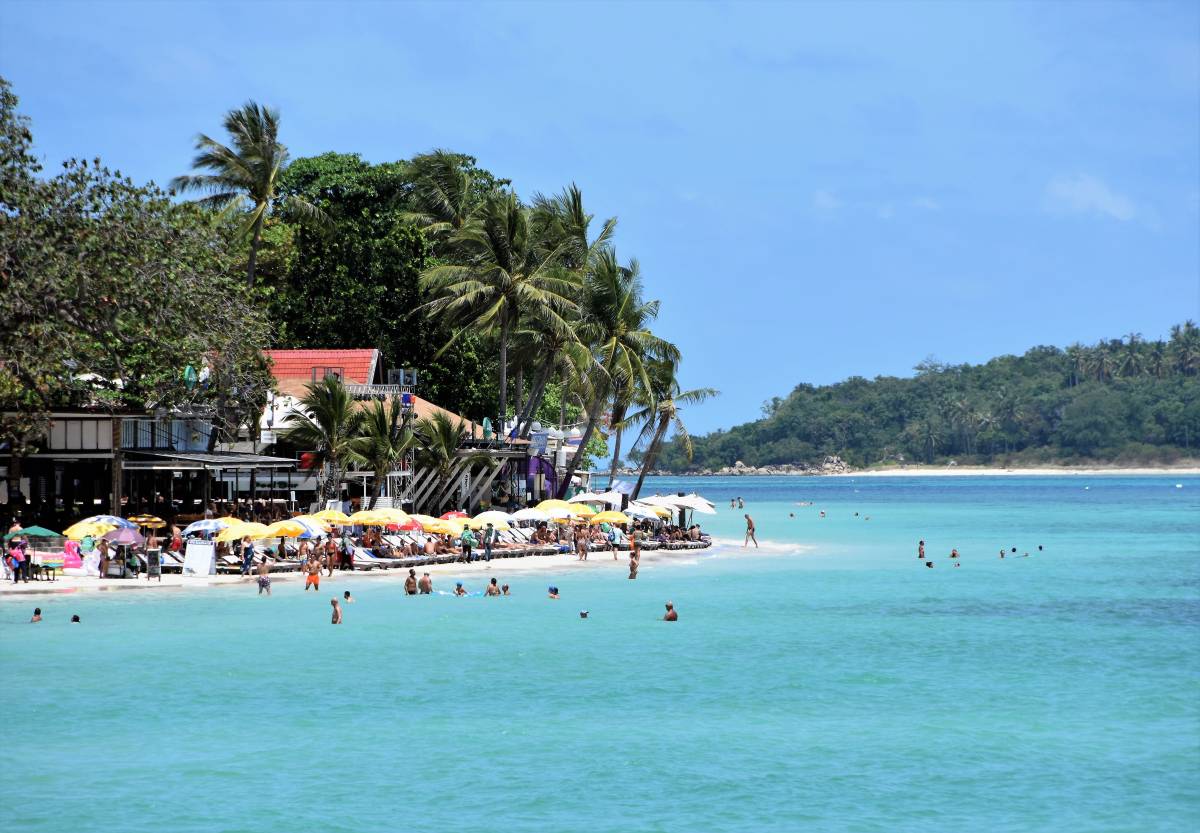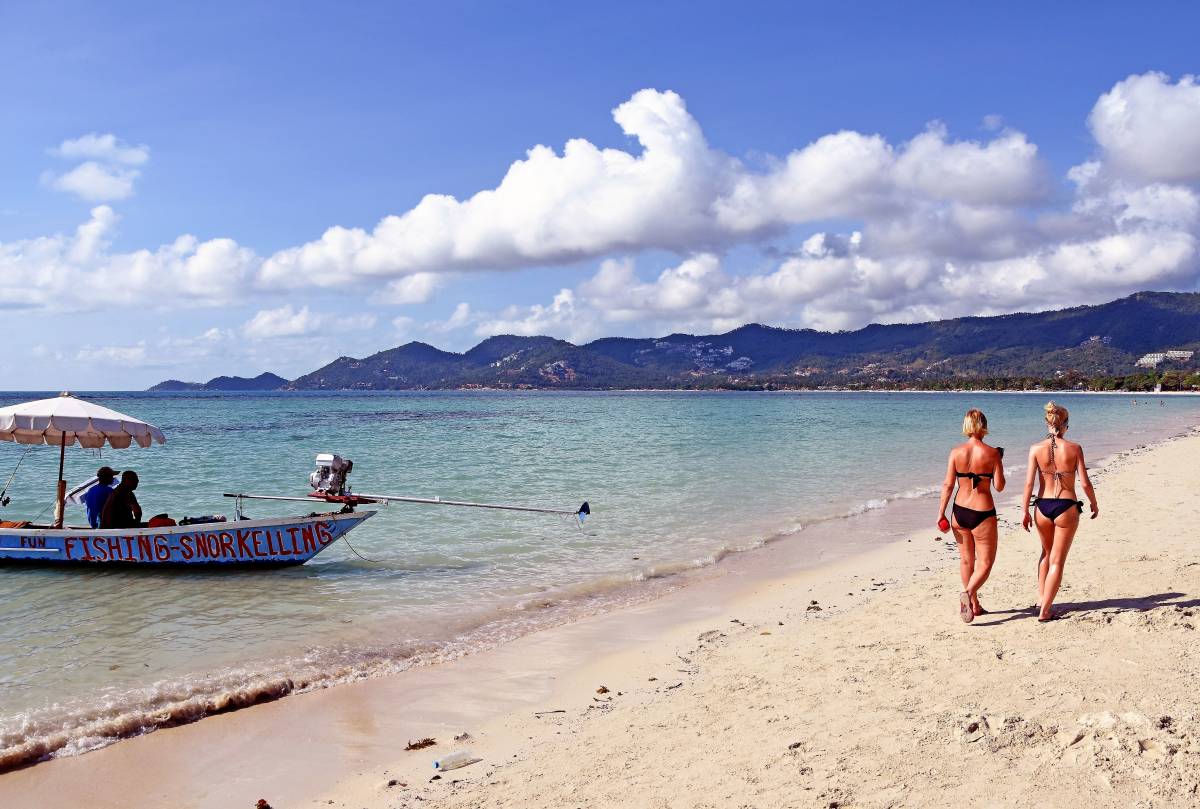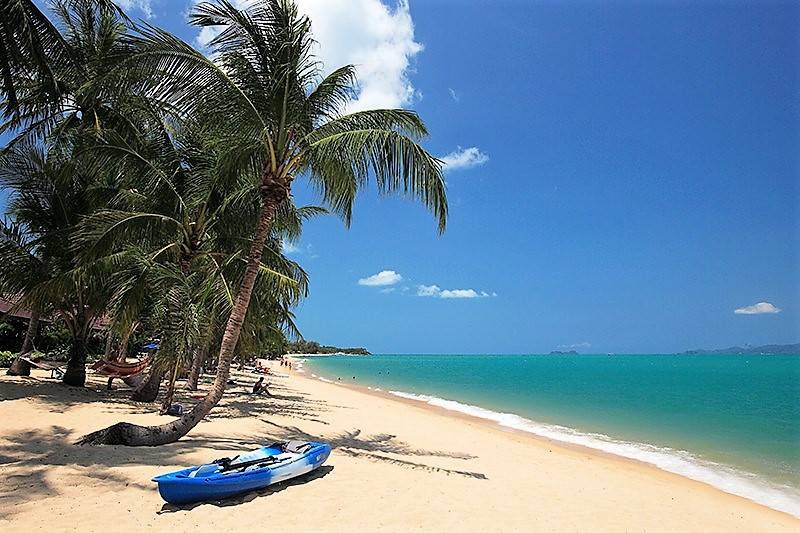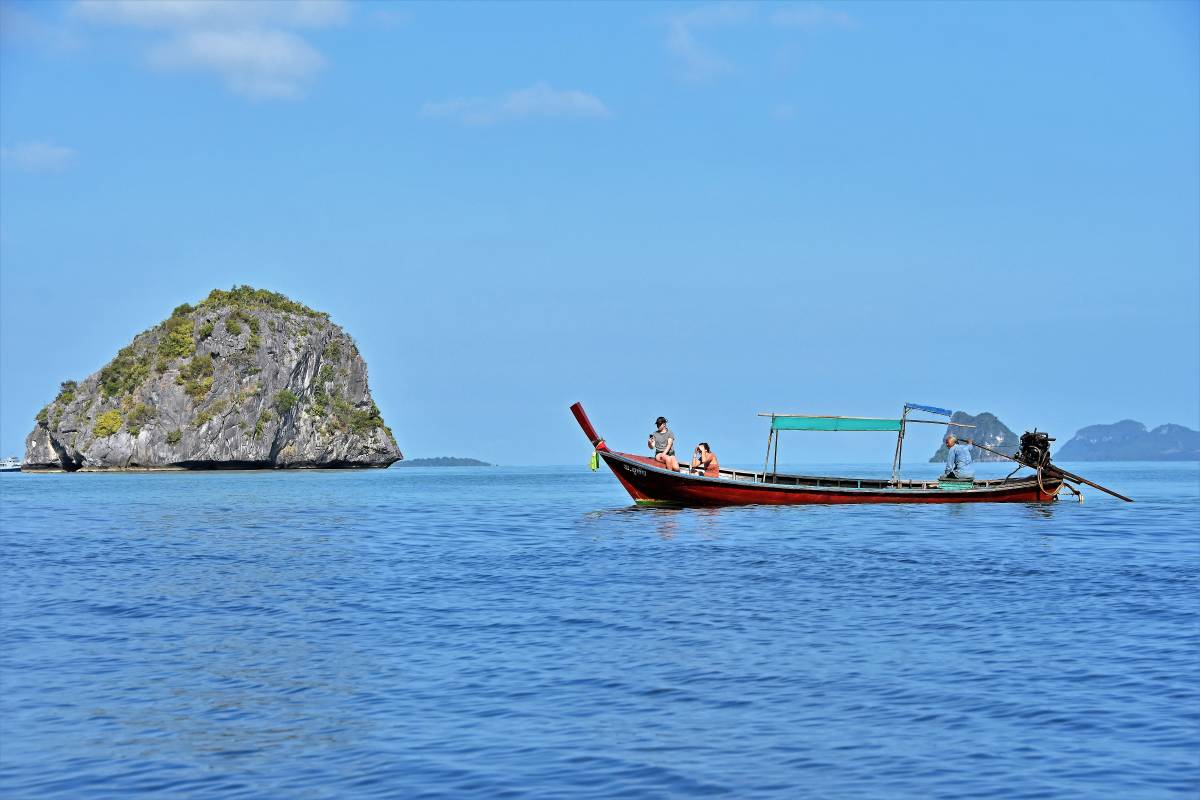Samui Goes Green to Protect Island Ecosystem
DocumentMaenam Beach, Ko Samui (Photo Courtesy TAT)
TAT joins residents and tourists on Ko Samui in the fight against single-use plastics to reduce waste.
Bangkok, 29 October, 2018 – The Tourism Authority of Thailand (TAT) is working with local stakeholders and tourists on Ko Samui to eliminate the use of single-use plastics and encourage all to reduce waste, reuse and recycle to help protect the island’s ecosystem.
Local Thai authorities on Ko Samui are proactively campaigning for recycling and waste management. It is urging residents and business operators to separate their waste for recycling to reduce the amount of garbage produce on the island. 
Chaweng Beach (Mike Smith Photo)
Mr. Yuthasak Supasorn, TAT Governor, said, “Education and awareness are the keys to success for this initiative. TAT proactively encourages both tourists and tourism businesses to help reduce tourism waste on the paradise island of Samui.
“Changing behaviour doesn’t happen overnight. We are seeing an increase in reusable cloth bags when shopping, and both visitors and residents are pitching in to do their part and help keep the island clean.”
Waste reduction thinking is quickly gaining traction amongst environmentally concerned Thai businesses and globetrotters on Ko Samui.
Searching for Pink Dolphins near Samui (Mike Smith Photo)
Samui Goes Green to Protect Island Ecosystem
With some of the most stunning landscapes in Thailand, it is no wonder that visitors to Ko Samui continue to increase at an astonishing pace. With this influx comes a need to find a balance between the competitive, high level service and environmental impact. Fortunately, as attention has turned to exploring ways to preserve Ko Samui’s delicate ecosystem, travellers can give back to the local Thai community by creating less waste and leaving a minimal holiday footprint.
Local stores and shops on the island are campaigning against single-use plastics. Hotels and resorts as well as tourism-related businesses on Ko Samui are also helping to lead the way on responsible waste management by following the three ‘R’ principle: reduction, reuse and recycle. Luxury resorts on Ko Samui were among the first to use the plant-based straw revolution that is sweeping across Thailand and make their tourism operations more sustainable.
One organisation on the tip of the spear is the ‘Trash Hero Ko Samui’ initiative, when volunteers meet every Saturday at 10 a.m. to clean Samui’s beaches. 
Chaweng Beach (Mike Smith Photo)
Under the TAT’s on-going responsible tourism strategy, a new ‘Travel Thailand in Style, Reduce Plastic Waste’ collaboration initiative with various stakeholders was launched in August this year. It has an ambitious target to cut tourism-related waste by up to 50 percent by 2020.
Targeting both tourists and businesses to address waste problems in key travel destinations, TAT also encourages consumption of reusable or sustainable items; such as, plant-based drinking straws instead of plastic straws, cotton bags instead of plastic bags, water tumblers instead of plastic bottles, and reusable food utensils instead of single-use plastic or foam items.
Back in March 2017, TAT partnered with PTT Global Chemical and the Ecoalf Foundation to launch an ‘Upcycling the Oceans, Thailand’ initiative. It made Thailand the first country in Asia to join the global ocean clean-up effort to reduce debris along Thailand’s coastal regions, especially in popular tourist areas on the east coast, in the Gulf of Thailand and the Andaman Sea.



